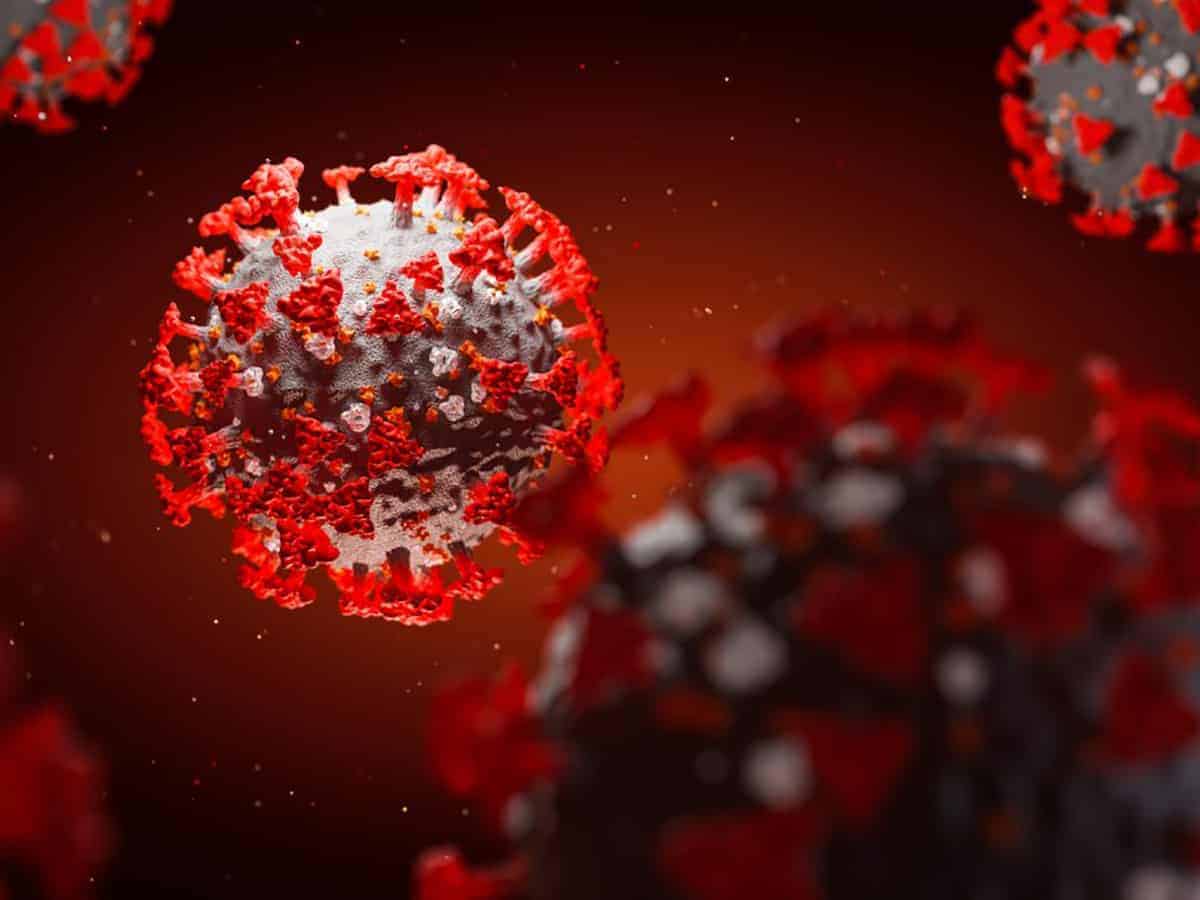Hyderabad: With the threat of a third wave of the Covid-19 pandemic looming over the country and amid fears that children may be affected the most this time, doctors have called for balancing safety and academics.
Since education in a classroom setting is crucial for the emotional growth of children, the doctors have warned that if children continue to be kept away from in-person classes, this could lead to the next pandemic of obesity, oppositional defiant disorder, neurodevelopment issues, autism and ADHD.
While the aged sections of the global population were worst affected in the early days of this pandemic, it is speculated that the young might get infected in the coming days.
Few educational institutions are seeing Covid positive cases among students but they have not become hotspots for spreading the infection.
The World Health Organization (WHO) has also stated all over the world no educational institution has been found to be a hotspot for Covid infection. An important thing in favour of kids is that most of them are asymptomatic or mildly symptomatic and do not have a long term impact as in the case of adults.
Doctors from across various healthcare institutions believe, while it is a fact that Covid-19 is likely to wash through the populations, especially those sections which are not vaccinated against it, children cannot be kept away from academics and other social factors which ensure their emotional growth along with intellectual progress they would make through learning at a classroom or among the peer groups.
“For more than a year, children were kept away from full-time academics, and without them returning to the regular routine of attending to physical classes and interacting with peers, children might experience a certain void in their lives. It is highly critical young children spend quality time among peers, which will ensure they develop social skills, and experience emotional growth. While safety is the topmost priority, equally important is the intellectual development of a child, and that cannot be attained by restricting children to their cocoons,” said Dr Parag Shankarrao Dekate, Director of Paediatrics & Head of Paediatric Intensive Care Unit, KIMS Hospitals.
“Children with health conditions such as obesity, diabetes, and asthma, might be at higher risk of serious illness with Covid-19 infection. Even those children who have congenital heart disease, genetic conditions or conditions affecting the nervous system or metabolism also might be at higher risk of serious illness due to this virus. Ensuring such children are protected more until the world passes through the risk of this pandemic is very important,” said Dr Srinivas Chary, Consultant Physician, Aware Gleneagles Global Hospital.
Commenting on the risks of the virus among the younger population, Dr Prayaga Jyothsna, Consultant Paediatrician, SLG Hospitals said that like their parents or grandparents, children too can fall ill due to Covid-19 infection, and there are a greater number of cases being reported daily now.
“Advent of the Omicron variant of novel coronavirus might only worsen the situation further for our population. However, it is noticed that younger generations, especially those who still attend schools and colleges, do not become as sick as adults. Many children might not show any severe symptoms of Covid-19, and this can be attributed to high immunity the former have,” said Dr Jyothsna.
There are other respiratory viruses like Rhinovirus, adenovirus, influenza, parainfluenza, Respiratory syncytial virus that are endemic and spread in the community as the common cold and most children also get affected by this, but they do come out of this within a few days, without any complications.
Parents and school managements must ensure all safety protocols are followed if at all they are holding physical classes for school and college-going wards.

